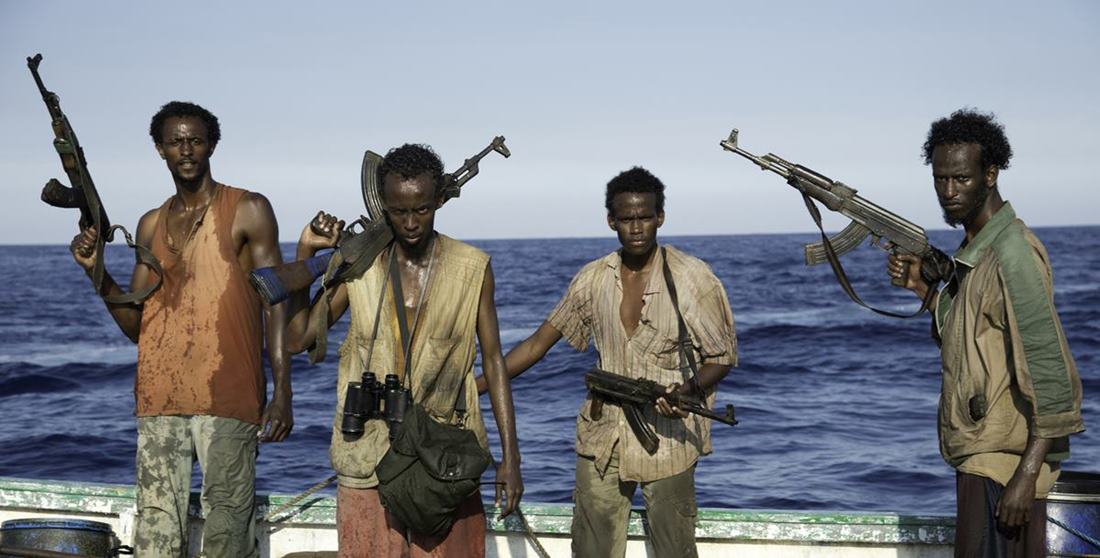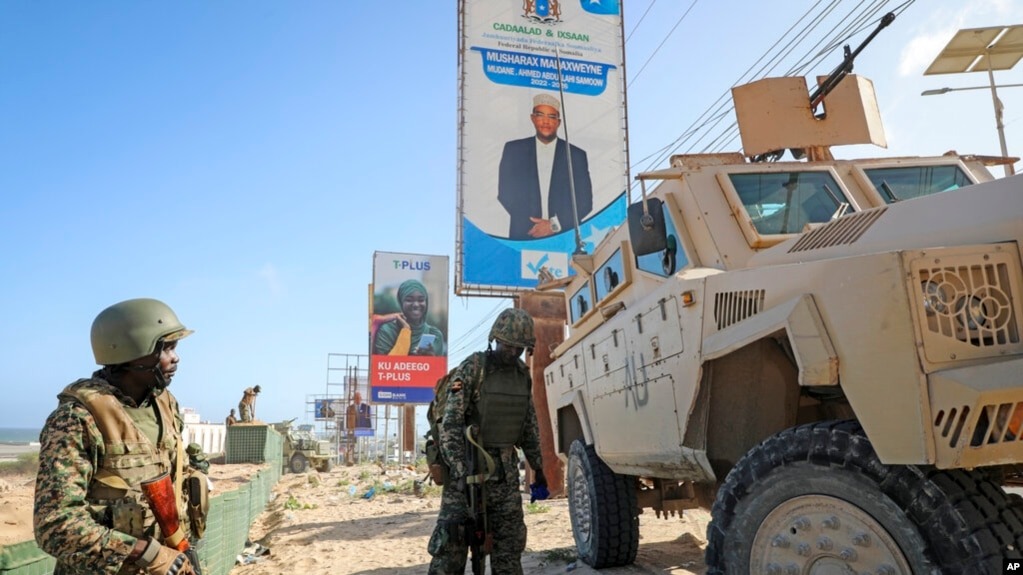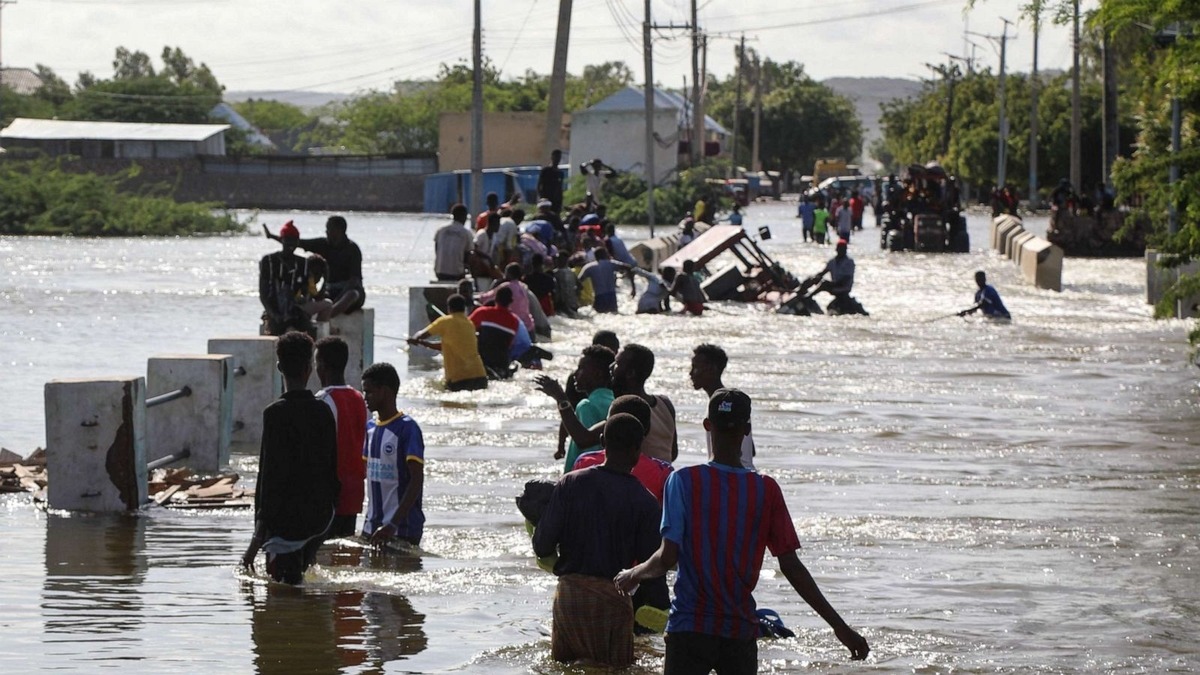A Maltese-flagged bulk carrier, MV Ruen, has been hijacked by Somali pirates and is currently heading towards Yemen, sparking fears of a potential collaboration between the pirates and Houthi rebels. The vessel was en-route from Singapore to Gemlik in Turkey when it was boarded by pirates in the Arabian Sea on Thursday.
The distress signal sent by MV Ruen to the United Kingdom Maritime Trade Operations portal indicated that six individuals had boarded the ship off the Yemeni island of Socotra. Maritime experts are deeply concerned about the chosen route of the seven-year-old carrier, seeing it as a possible indication of Somali pirates working in conjunction with Houthi rebels. The Houthi rebels have been targeting shipping routes to express their opposition to the Israeli-Hamas conflict.
While Somali piracy has been an ongoing issue along the east coast of Africa, the involvement of the Houthis represents a relatively new development. On November 19, Houthi rebels executed a commando raid on the MV Galaxy Leader, a Japanese-operated cargo vessel. The MV Galaxy Leader has been held near Yemen’s Red Sea port of Hodeida ever since. Notably, the vessel’s investors included Abraham “Rami” Ungar, an Israeli tycoon.
“The recent series of unlawful attacks poses a direct threat to international commerce and maritime security in the Red Sea. The UK remains steadfast in countering these attacks to safeguard the unhindered flow of global trade,” stated Grant Shapps, the Defence Secretary.
In response to the escalating number of Houthi attacks originating from Yemeni ports, the United States has announced plans to expand its maritime protection force. Defence Secretary Lloyd Austin is expected to reveal the deployment of the force, tentatively named Operation Prosperity Guardian, during his visit to the region.
This development comes as major shipping companies, including Hapag-Lloyd of Germany and Danish shipping giant Maersk, have decided to suspend their shipping operations into the Red Sea until further notice. These companies have exerted pressure on President Joe Biden to take action against the Houthi militants.
The international community is increasingly concerned about the hijacking of the MV Ruen and the potential cooperation between Somali pirates and Houthi rebels. Efforts are being made to protect maritime security and ensure the uninterrupted flow of global trade in the Red Sea region.




